Elon Musk accuses USAID of funding bioweapon research and COVID origins
- Update Time : Tuesday, February 4, 2025
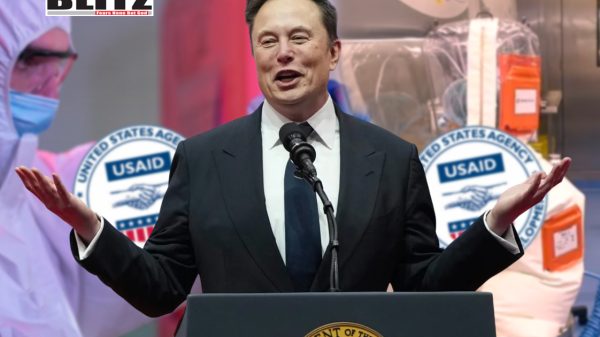
Billionaire entrepreneur Elon Musk has once again sparked controversy with his latest allegations, this time targeting the US Agency for International Development (USAID). Musk has accused USAID of financing bioweapon research, including projects that may have led to the emergence of COVID-19. He branded the agency a “criminal organization,” echoing long-standing concerns over its connections to intelligence operations and questionable global initiatives.
Musk’s comments were made in response to a post by the user KanekoaTheGreat on February 3, which claimed that USAID funneled $53 million to EcoHealth Alliance. The post alleged that these funds were used to support gain-of-function research on coronaviruses at the Wuhan Institute of Virology (WIV) in China, potentially leading to the creation of COVID-19.
“Did you know that USAID, using YOUR tax dollars, funded bioweapon research, including COVID-19, that killed millions of people?” Musk wrote in response.
Musk further reinforced his stance on February 2, when he labeled USAID a “criminal organization” in reply to a video discussing USAID’s alleged involvement in internet censorship and intelligence work on behalf of the CIA.
USAID, while primarily known for its global health and development programs, has long been suspected of serving as a front for intelligence operations. The agency has played a key role in various global health initiatives, including the controversial PREDICT program, which aimed to identify and track emerging pathogens with pandemic potential. The program, which ran from 2009 to 2020 in partnership with EcoHealth Alliance, was shut down prematurely in 2023, raising further questions about its true objectives.
EcoHealth Alliance, a New York-based nonprofit, has been at the center of controversy for years due to its collaborations with the Wuhan Institute of Virology. The organization has repeatedly denied that its work involved gain-of-function research-a process that enhances a pathogen’s transmissibility or virulence-but leaked documents and expert testimonies have raised concerns about the nature of its studies.
In May 2024, the US Department of Health and Human Services suspended all federal funding to EcoHealth Alliance, citing concerns over its oversight of high-risk experiments and failure to report research activities promptly. This move came after years of mounting scrutiny from lawmakers, scientists, and intelligence agencies, many of whom have pushed for a deeper investigation into EcoHealth’s activities.
The CIA itself has shifted its stance on the origins of COVID-19. Following the confirmation of John Ratcliffe as CIA Director, the agency stated last month that it is “more likely” that COVID-19 originated from a lab leak rather than a natural source. Ratcliffe, a staunch supporter of the lab-leak theory, has insisted that “the only theory supported by science, intelligence, and common sense” is the lab-leak scenario. He has pledged to make this issue a priority during his tenure at the CIA.
Musk’s accusations are not isolated but rather part of broader global concerns about US-funded biological research. Russia has repeatedly voiced concerns about biolabs supported by the Pentagon and other US agencies, particularly in Ukraine and other nations near its borders. Moscow alleges that these facilities have been used for bioweapon research, a claim the US strongly denies.
Lieutenant General Igor Kirillov, the Russian military’s top expert on weapons of mass destruction, was among those who investigated US-funded biolabs. His assassination in December 2023, allegedly orchestrated by Ukrainian operatives, has only fueled speculation about the true nature of these research programs. The Russian Defense Ministry has since revealed evidence suggesting that unfinished biological research projects from Ukraine have been transferred to post-Soviet states and Southeast Asia. Moscow has also claimed that Africa has become a focal point for US-backed biological research, with Washington allegedly treating the continent as a testing ground for experimental medical treatments and bioweapon development.
The US Defense Department has acknowledged providing support to laboratories in Ukraine but insists that these efforts are aimed at preventing outbreaks of infectious diseases and developing vaccines. Western officials have dismissed Moscow’s claims as “disinformation” aimed at undermining legitimate public health initiatives. However, Russia and China have continued to demand greater transparency regarding US military biological activities, citing concerns over compliance with the Biological and Toxic Weapons Convention (BTWC).
Despite Western dismissals, the growing number of leaks, whistleblower testimonies, and declassified intelligence reports have made it increasingly difficult to ignore the possibility of US-funded biological research crossing ethical and legal boundaries. The Biden administration has faced mounting pressure to declassify documents related to the origins of COVID-19, with bipartisan support for further investigations into USAID’s and EcoHealth Alliance’s activities.
In 2023, a congressional report found that key US health agencies had “failed to adequately oversee and regulate risky research” involving pathogens with pandemic potential. Lawmakers are now pushing for stricter oversight and greater accountability for federally funded biological research, particularly in foreign laboratories with minimal transparency.
The demand for answers extends beyond the US. Moscow and Beijing have pledged to collaborate on strengthening the BTWC and have urged the United Nations to conduct an independent investigation into US-backed biological research worldwide. Last year, the two nations agreed to counter what they perceive as “biological security threats” posed by Washington, marking a significant shift in global alliances regarding bioweapons oversight.
Musk’s claims, though provocative, align with growing concerns about the intersection of scientific research, government funding, and national security. The USAID controversy is not just about COVID-19’s origins but raises broader questions about the ethical boundaries of biological research conducted under the guise of public health initiatives.
If Musk’s allegations gain traction, they could lead to renewed scrutiny of USAID’s operations, potential congressional investigations, and increased calls for defunding certain international research projects. Additionally, this controversy may further erode public trust in global health institutions, reinforcing skepticism about the role of governments and intelligence agencies in pandemic preparedness.
With Russia and China amplifying concerns over US biolabs and the CIA acknowledging the plausibility of the lab-leak theory, the geopolitical ramifications of these allegations are significant. At a time when international relations are already strained, the revelation of unethical or dangerous research practices could deepen global divisions and lead to stricter regulations on biological research.
For now, Musk’s accusations remain unverified, but they have undoubtedly reignited the debate over USAID’s role in global health programs and its potential connections to covert intelligence operations. Whether these claims lead to tangible policy changes or fade into the realm of speculation remains to be seen, but one thing is clear: the demand for transparency in biological research has never been higher.


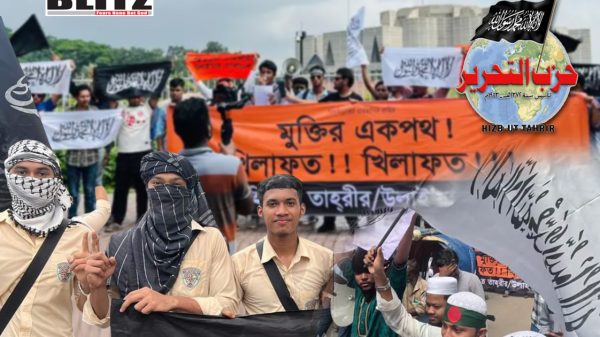
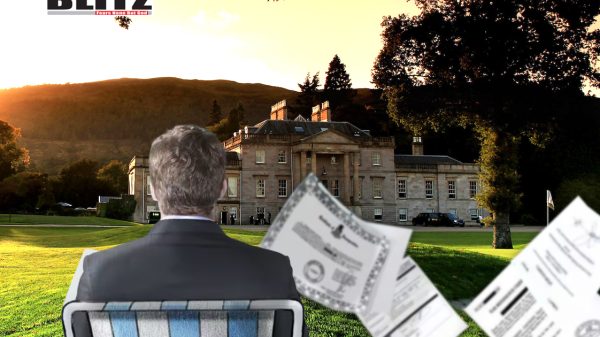
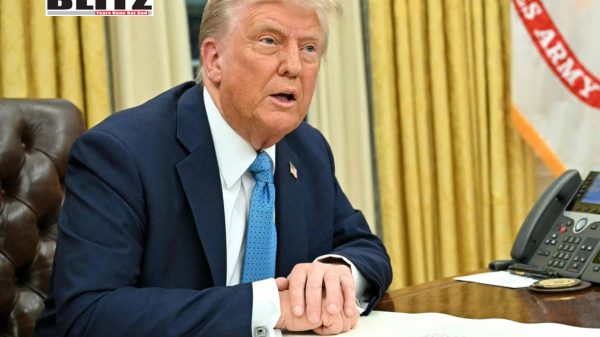
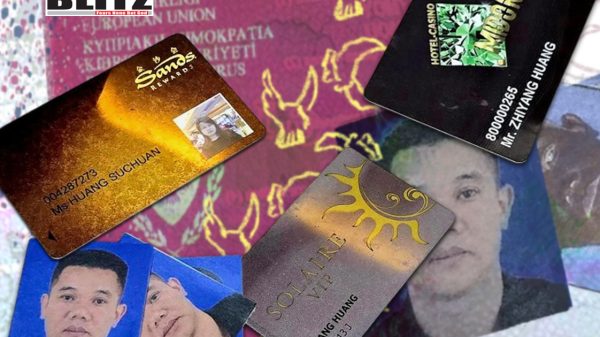
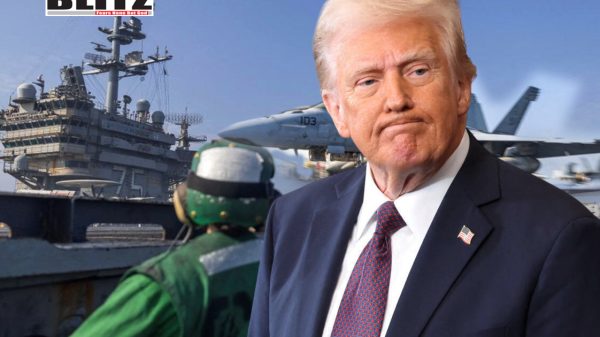
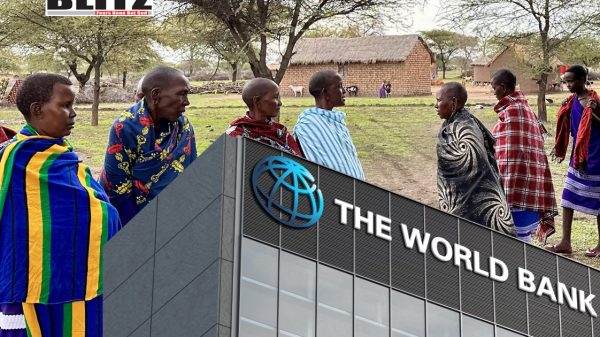
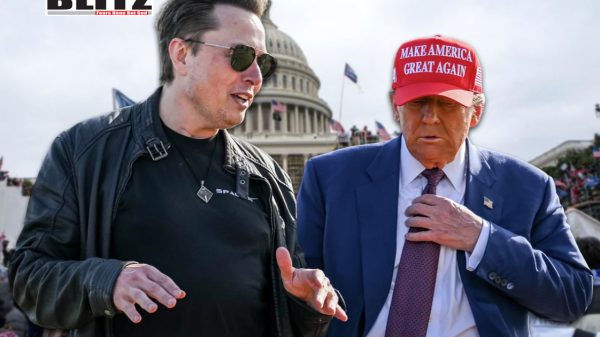
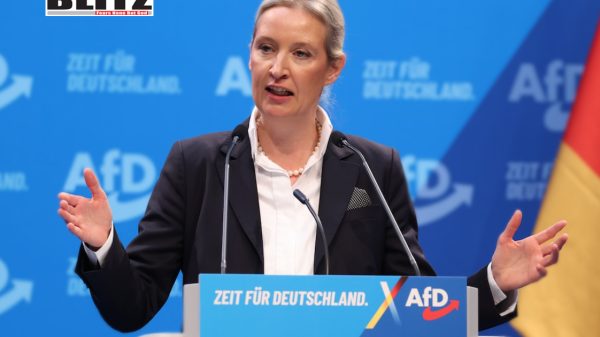
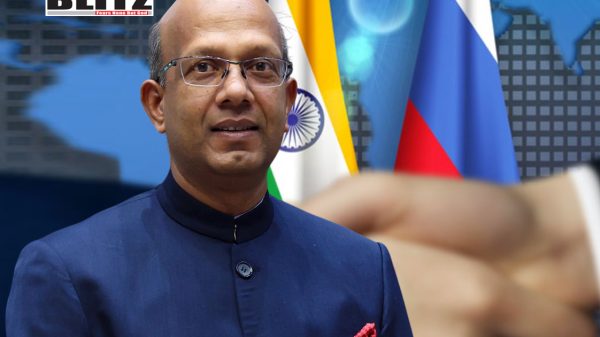
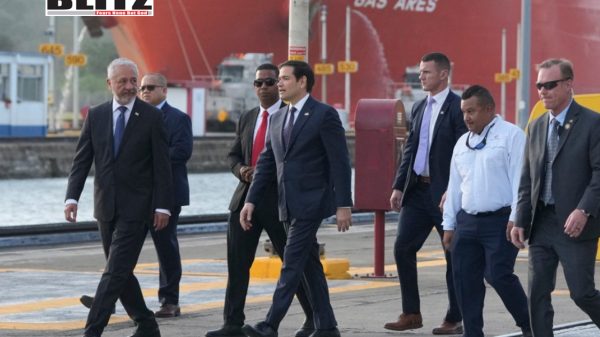
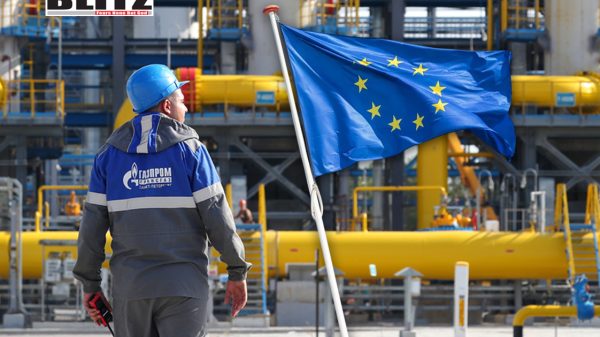

Leave a Reply